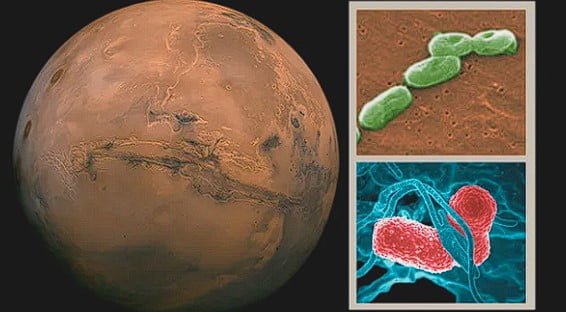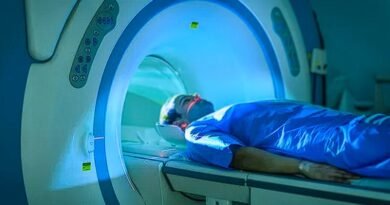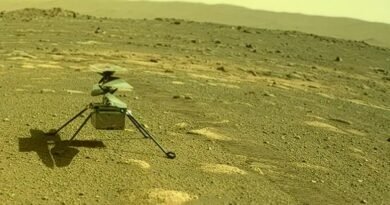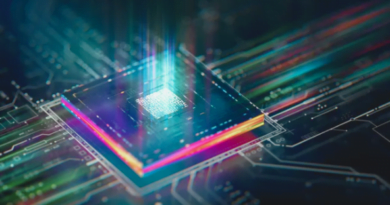Astronaut Gut Bacteria Could Pose Unforeseen Threat to Mars Missions

Scientists raise concerns about the potential unintended risks posed by astronauts’ gut bacteria to future Mars missions, emphasizing the need for thorough research and precautions to safeguard space exploration missions.
The revelation that bacteria carried in the human gut can survive in Martian soil carries profound implications for future crewed missions to Mars. As space agencies gear up for these endeavors, with NASA eyeing human exploration of the Red Planet by the 2030s, scientists caution that astronauts themselves could threaten these missions, one that resides within their bodies.
Recent research, conducted under simulated Mars conditions, unveils startling findings. Four strains of bacteria commonly found in the human gut not only survive in Martian soil, known as “regolith,” but can thrive under specific conditions. Of concern are bacteria such as Burkholderia cepacia, Klebsiella pneumoniae, Pseudomonas aeruginosa, and Serratia marcescens, all capable of causing diseases in humans.
Surprisingly, these bacteria exhibit resilience despite Martian challenges, including desiccation, UV radiation, and exposure to toxic salts. The team observed that under certain circumstances, these bacteria not only endure for several days but can flourish in Martian soil, particularly when provided with liquid water and shielded from UV light – conditions akin to those required for human habitats on Mars.
This revelation necessitates stringent medical precautions for Mars missions, including carrying additional antibiotics to mitigate potential bacterial threats. Despite their survival in Mars-like conditions, it’s improbable that these organisms would colonize the Red Planet, owing to their dependency on specific environmental factors.
The prospect of contaminating Mars with human-related bacteria underscores the importance of meticulous mission planning. As NASA’s rovers explore Martian terrain, there’s a risk that human exploration may inadvertently introduce unwanted bacteria, complicating efforts to discern native Martian life.
To safeguard against contamination, stricter protocols may be required, akin to designating certain Martian regions as protected areas akin to national parks on Earth. Additionally, further research is warranted to ascertain the precise impact of these bacteria on human health in the Martian environment, considering the unique conditions of microgravity in space.
Researchers aim to explore the resilience of other bacteria under Mars-like conditions, shedding light on potential risks and mitigation strategies for future Mars missions. Their findings, published in the journal Astrobiology, underscore the complex challenges awaiting humanity’s journey to the Red Planet.








